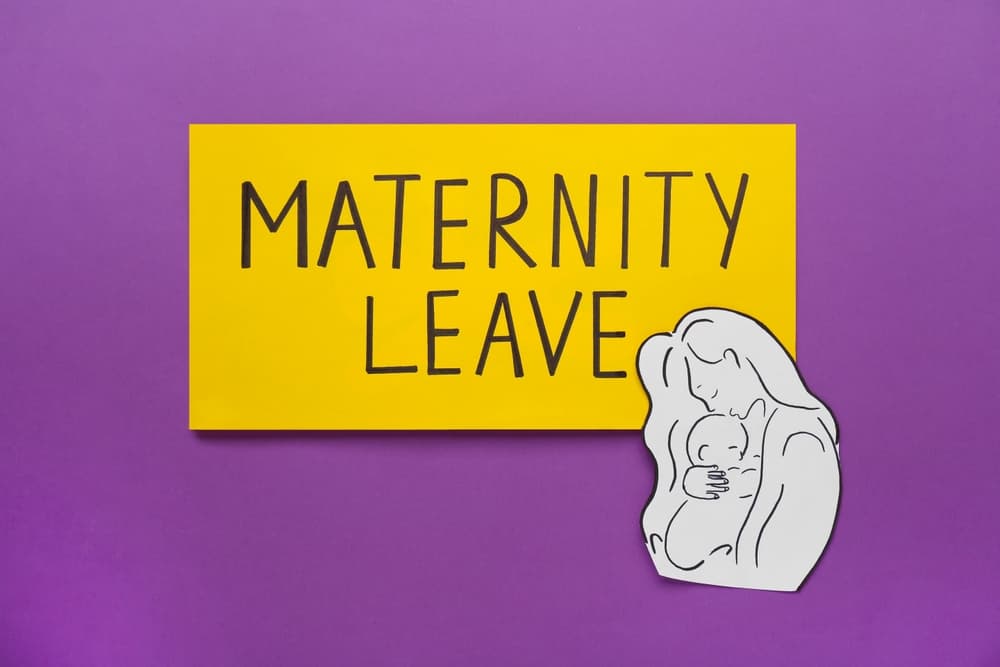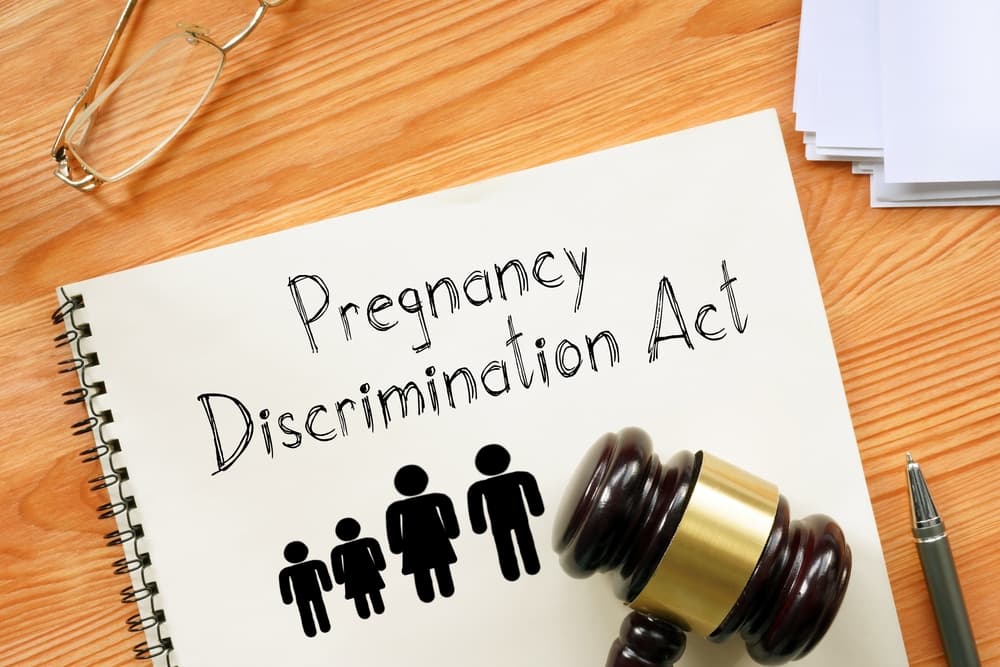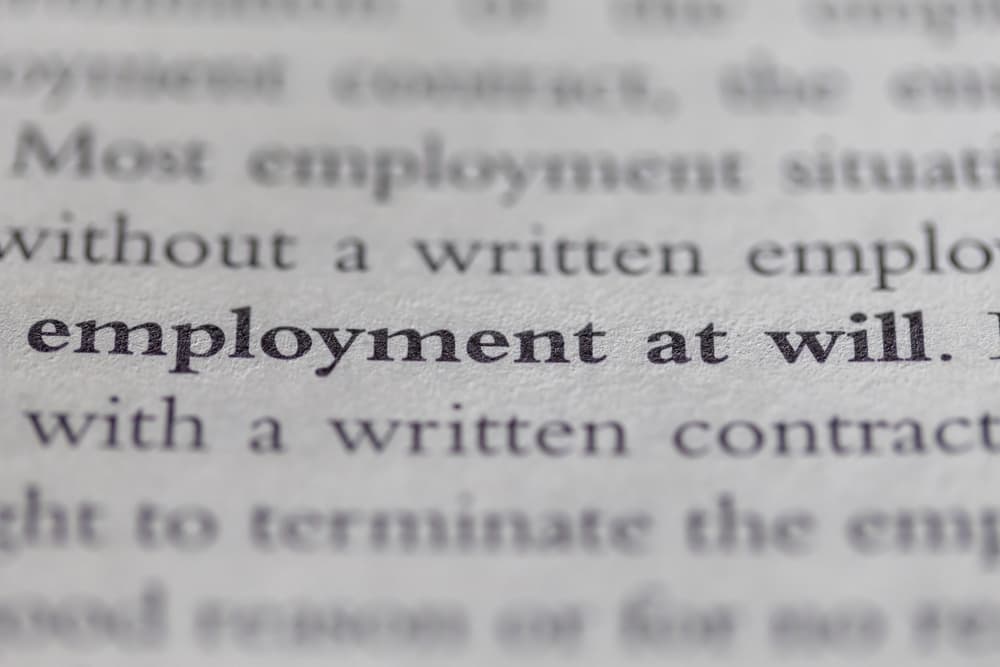Disability discrimination in the workplace is not just a moral issue; it’s also a legal one. In California, employees have protections against such discrimination under the Fair Employment and Housing Act (FEHA). However, knowing you’re protected and proving discrimination are two different things. Contact our San Diego disability lawyers to further evaluate your case and fight for your rights to get you maximum compensation you deserve.
Schedule a Free Case Evaluation Today!
What Constitutes Disability Discrimination?
Under FEHA, disability discrimination occurs when an employer treats an employee or job applicant unfavorably because of their disability. This includes not only physical disabilities but also mental health conditions and perceived disabilities.
Establishing Your Case: Key Elements
Proving disability discrimination involves demonstrating several key elements:
You Have a Disability or Are Perceived to Have One
Under the FEHA, a disability broadly includes any condition that limits one or more major life activities.
These life activities include physical tasks, seeing, hearing, eating, sleeping, walking, standing, lifting, bending, speaking, breathing, learning, reading, concentrating, thinking, communicating, working, and major bodily functions.
Both physical and mental disabilities fall under FEHA. This inclusive definition recognizes a wide range of conditions as disabilities, from mobility impairments to mental health disorders.
To establish your disability, you may need medical documentation from a healthcare provider that should detail how your condition affects your major life activities.
FEHA also covers individuals perceived to have a disability, even if they do not. If an employer discriminates against an employee based on the belief that the employee has a disability, this falls under the scope of disability discrimination.
You Are Qualified for the Job
To claim protection under FEHA, you must demonstrate your qualifications for your job. This means you can perform the position’s essential functions, with or without reasonable accommodation.
Essential functions are the fundamental job duties of the employment position the individual holds. They do not include the marginal functions of the position.
Evidence to establish your qualifications can include your job description, which outlines the essential functions of your job, and your employment records, such as performance reviews and evaluations.
These documents can demonstrate your ability to perform your job duties effectively. If you require reasonable accommodations to perform these functions, it’s important to clearly communicate this need to your employer.
You Suffered an Adverse Employment Action
An adverse employment action is any action the employer takes that negatively impacts your employment status. This can include termination, demotion, a reduction in pay or hours, denial of promotion, or reassignment to a less desirable position.
Even actions like exclusion from training or professional development opportunities can be adverse if they negatively affect your employment prospects.
Documenting these changes might include letters, emails, or notices from your employer, records of changes in your pay, hours, or responsibilities, and any other evidence that demonstrates how your employment status was adversely affected.
The Disability Was a Substantial Motivating Factor in the Adverse Action
Proving that your disability was a substantial factor in the employer’s decision to take an adverse action requires showing a direct link between your disability and the action taken by your employer.
Evidence might include the timing of the adverse action (such as being demoted shortly after disclosing a disability), inconsistent or shifting reasons provided by the employer for the action, or direct statements from decision-makers that suggest bias or discrimination.
Sometimes, circumstantial evidence can also demonstrate this link. For example, if an employer has a pattern of adverse actions against employees with disabilities or a noticeable difference in how disabled and non-disabled employees are treated, this can help establish that the disability was a substantial motivating factor.
You Need Medical Documentation
Medical documentation is a fundamental component in proving disability discrimination cases. This type of documentation, typically provided by a healthcare provider, should clearly establish the nature of your disability and how it impacts major life activities.
Additionally, it should outline any specific accommodations necessary for you to perform your job effectively.
The detail in the medical documentation should be comprehensive enough to clearly understand your condition without violating your privacy rights. This documentation not only confirms the existence of a disability as defined by the FEHA but also serves as a basis for any requests for reasonable accommodations.
Keep Your Employment Records
Your employment records are a key source of evidence demonstrating your qualifications and how you were treated compared to non-disabled employees.
These records include your job description, which outlines the duties and responsibilities of your position, and performance reviews, which can provide a history of your work performance.
Performance reviews are particularly important as they can demonstrate your ability to perform essential job functions over time. A consistent record of positive performance evaluations can strongly counter any claims by an employer that your disability impacts your job performance.
In addition, records of any disciplinary actions or other official communications regarding your performance or conduct at work can be relevant.
If these records show a change in treatment or assessment of your performance after disclosing a disability or requesting accommodations, they can indicate discriminatory behavior.
Do You Have Communications Between You and Your Employer?
Communications between you and your employer, including emails, memos, and notes, can be used in a disability discrimination case. These documents can provide a timeline and context for how your employer responded to your disability and any requests for accommodations.
Email correspondence requesting accommodations and the responses to those requests can be particularly telling. They may reveal whether the employer engaged in the interactive process required by FEHA in good faith. Any written comments that suggest discomfort, bias, or unwillingness to accommodate your disability can be powerful evidence of discriminatory attitudes or practices.
Equally important are any informal notes or memos you might have kept detailing conversations or meetings. These personal records can help recall specific dates, times, conversations, and meetings, which might be crucial in establishing a pattern of discrimination or retaliation.
Witness Statements
Witness statements from colleagues or others in the workplace can provide valuable third-party perspectives on your job performance and the employer’s behavior. These statements can corroborate your account of events and provide additional context to the employer’s actions.
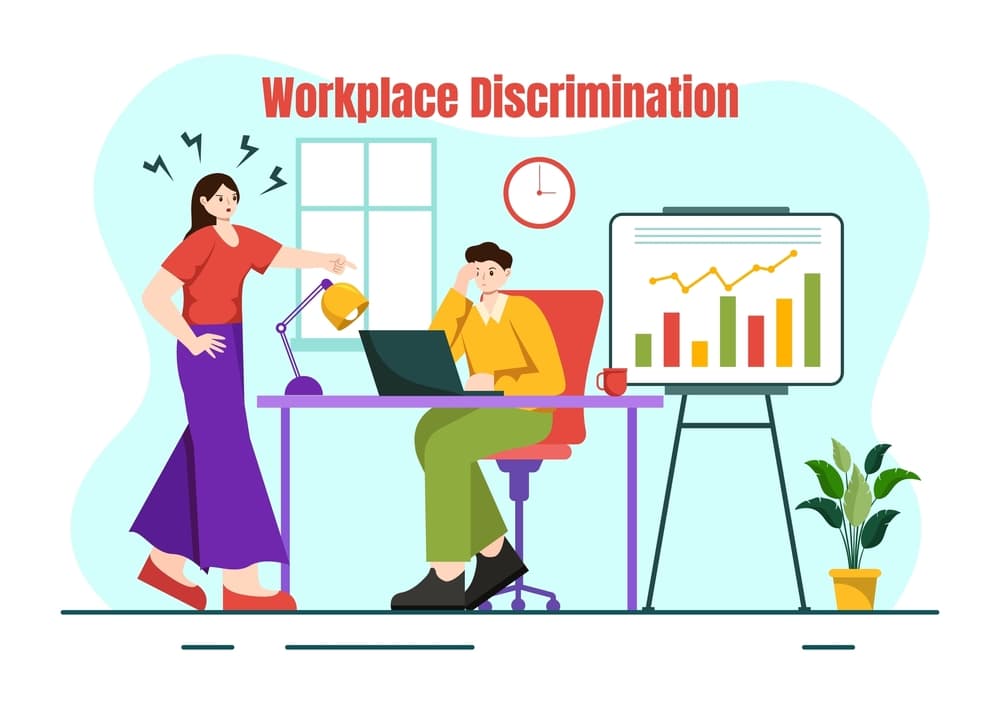
Colleagues may offer insights into your work performance, interactions with supervisors, and any changes in treatment following the disclosure of a disability or a request for accommodations. They can also provide observations about the workplace culture and how other employees with disabilities are treated.
In cases where direct evidence of discrimination is not available, witness statements can be particularly impactful. They can help paint a broader picture of the work environment and the employer’s practices and attitudes toward employees with disabilities.
How to Document Everything
Detailed records of all interactions related to your disability and employment will form the backbone of your case. This includes keeping copies of medical documentation, emails, and written communication regarding your disability, requests for accommodations, and any instances of alleged discrimination or adverse employment actions.
Keep a personal log or diary, noting dates, times, and descriptions of relevant conversations and events. This documentation will serve as evidence should you need to pursue legal action or file a complaint.
Request Reasonable Accommodations
Under FEHA, employees with disabilities are entitled to reasonable accommodations to effectively perform their job duties. If you need such accommodations, request them formally from your employer.
Make this request in writing and clearly state the specific accommodations you need based on your medical condition. Document the entire process, including your employer’s response to your request. This documentation can demonstrate whether or not your employer engaged in the required interactive process to determine appropriate accommodations.
File a Complaint
If you believe you have been a victim of disability discrimination, you can file a complaint with the California Department of Fair Employment and Housing (DFEH) or the Equal Employment Opportunity Commission (EEOC). Both agencies enforce laws against workplace discrimination.
Filing a complaint typically involves providing details of your case, including any evidence of discrimination. The DFEH or EEOC will then investigate your complaint, which may involve interviewing witnesses, reviewing documents, and working with your employer to resolve the issue.
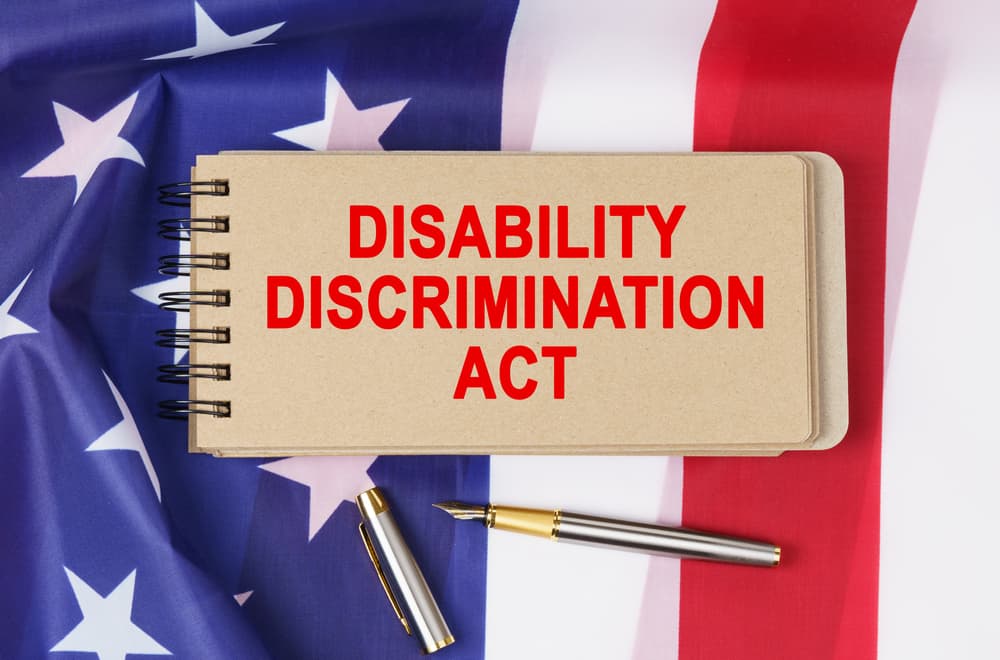
In California, under the DFEH, you generally have up to three years from the date of the discriminatory act to file a complaint. This extension from the previous one-year limit became effective on January 1, 2020. For complaints filed with the EEOC, the standard deadline is 300 days from the date of the alleged discriminatory act.
This timeframe applies if a state or local agency like the DFEH enforces a law that prohibits employment discrimination on the same basis. If not, the deadline is 180 days from the date of the incident.
Common Misconceptions about Disability Discrimination
When it comes to disability discrimination in the workplace, several common misconceptions can create confusion and misunderstanding. It’s important to clarify these to ensure that employees and employers clearly understand their rights and responsibilities under the law. Here are some key misconceptions and the truths behind them:
Misconception 1: Only Physical Disabilities are Protected
Truth: A significant misconception is that only physical disabilities are covered under the FEHA. In reality, FEHA’s definition of disability is broad and inclusive. It covers not only physical impairments but also mental and psychological disabilities. This includes conditions such as depression, anxiety, bipolar disorder, and learning disabilities.
Misconception 2: Temporary Conditions are Not Disabilities
Truth: Many people believe a disability must be permanent to be protected under the law. However, temporary disabilities can also be covered, especially if they significantly limit one or more major life activities. The key is not the duration of the impairment but its impact on your daily life and ability to work.
Misconception 3: Employers Aren’t Obligated to Accommodate Disabilities
Truth: Under FEHA, employers must provide reasonable accommodations to employees with disabilities as long as these accommodations don’t cause undue hardship to the business. This might include modifying work schedules, altering the work environment, or providing necessary equipment.
Employers must also engage in a timely, good-faith interactive process to determine appropriate accommodations.
Misconception 4: Asking for Accommodations is a Sign of Incompetence
Truth: Some employees may hesitate to ask for accommodations, fearing it might be seen as an admission that they cannot do their job. In reality, requesting accommodations is your right and is a recognized part of ensuring equality in the workplace.
These accommodations should give you the support you need to perform your job effectively, not to indicate that you are less capable than others.
Misconception 5: All Disabilities Are Visible
Truth: A common misunderstanding is that disabilities are always visible. However, many disabilities are not immediately apparent, such as chronic illnesses, mental health conditions, and learning disabilities. Just because a disability isn’t visible doesn’t mean it isn’t real or doesn’t have a significant impact on your life.
Misconception 6: Filing a Disability Discrimination Claim is Easy and Always Successful
Truth: Some people might think filing a disability discrimination claim is a simple path to success. However, proving discrimination requires substantial evidence. It’s not merely about filing a claim; it’s about demonstrating how the disability has led to unfair treatment in the workplace.
This process often requires careful documentation, evidence gathering, and legal assistance.
Seek Legal Guidance

Discrimination Attorney
Consulting with an San Diego employment lawyer can raise the chance of your case’s success. An employment lawyer can clarify your legal rights and options, gather and organize evidence, and represent you in legal proceedings if necessary. They can also guide you through the process of filing a complaint with DFEH or EEOC and offer advice on the best course of action based on the specifics of your situation.
California’s FEHA provides strong protections against such discrimination, but you need a lawyer to assert your rights under this law. By knowing what constitutes disability discrimination, understanding the evidence needed, and taking the appropriate steps, a lawyer can effectively address and challenge discriminatory practices in your workplace.
You have the right to a fair and equitable work environment, and the law upholds that right.
Proving disability discrimination requires a lawyer, so always seek representation from a discrimination lawyer as soon as possible.
